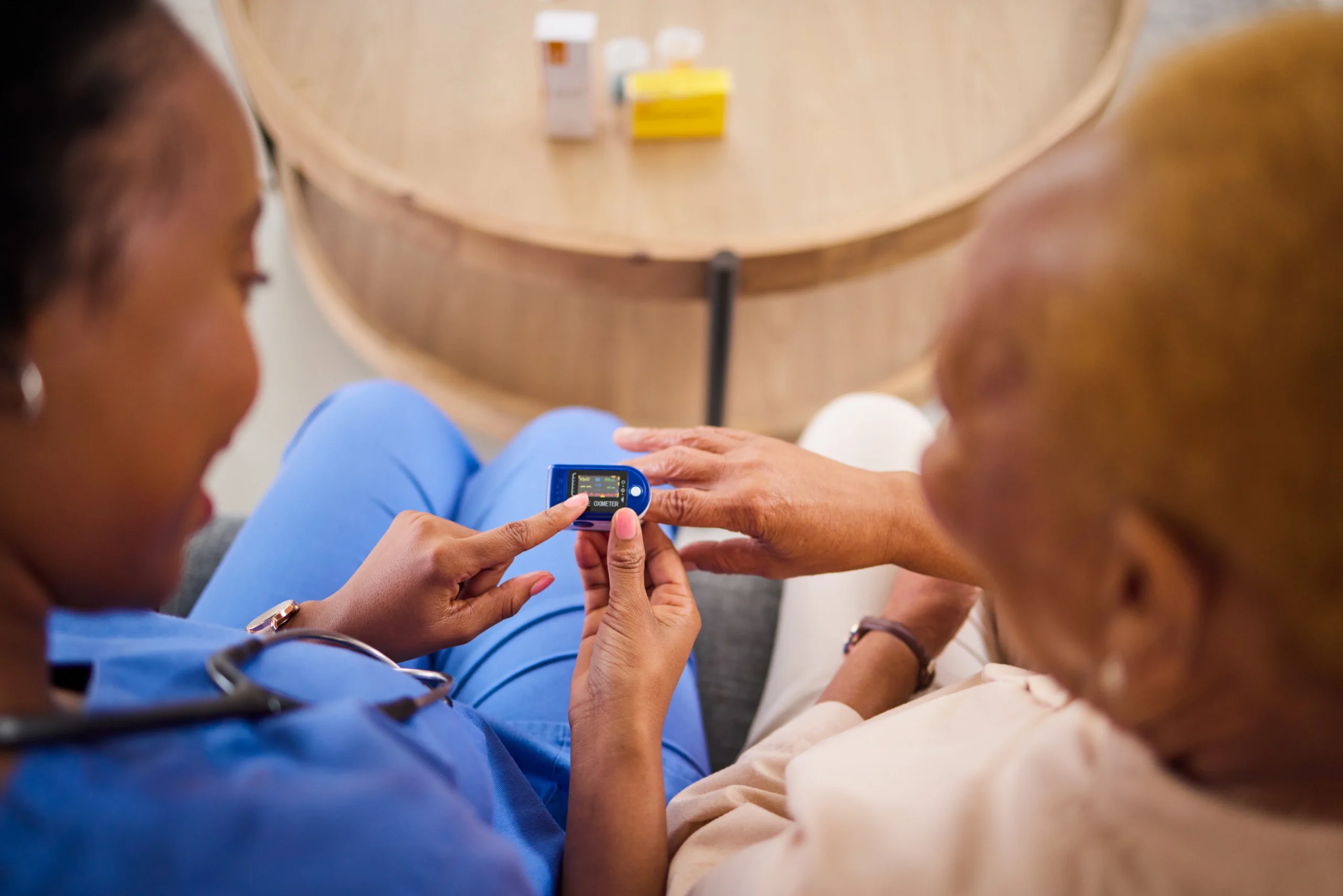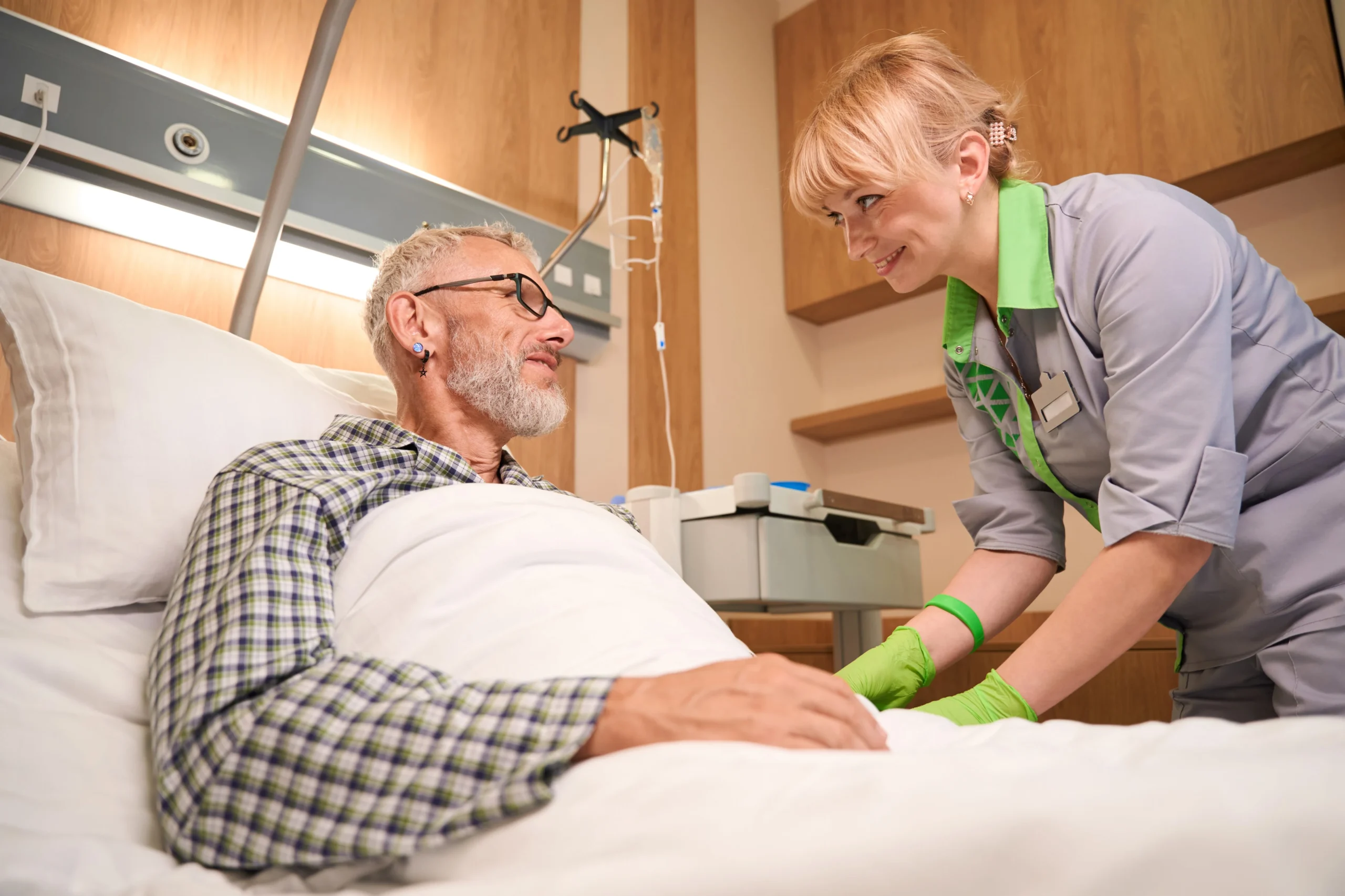What You Need to Know About Care for Diabetes, Hypertension, and Stroke Recovery

Medical conditions like diabetes, hypertension, and strokes mean relatives need additional care. Depending on the severity of the issue, they may need a caregiver to help them get around, monitor their diet, and ensure they follow their treatment plan. This article provides tips and facts for family members caring for someone with these conditions.
Diabetes
Diabetes occurs when the body does not produce enough insulin, a hormone that allows glucose to enter the cells to be used for energy. When glucose doesn’t enter the cells, it builds up in the bloodstream, which can cause unwanted symptoms and may even be fatal.
Walter Kernan, professor of medicine and senior research scientist at Yale, recommends a plan for helping a patient reach their diabetes goal. It includes ensuring communication between the hospital, primary care physician, and at-home caregivers. Generally, caregivers will be asked to carry out the following tasks:
- Monitoring Blood Sugar Levels: A caregiver will double as a blood sugar manager. They will check and monitor blood sugar levels, ensuring they are under control. They may use A1C and HbA1c testing to measure blood sugar levels over the past 2–3 months, ensuring the patient hits their target goals.
- Ensure a Healthy Diet: The caregiver should ensure diabetic patients follow a healthy diet to keep their blood sugar and weight in normal ranges. They should pay attention to the glycemic index of each item to identify which food contributes to a healthy diet.
- Medication Management: Caregiving often involves reminding patients to take their medication or helping administer medicine. The carer also ensures patients experience minimal side effects.
- Encouraging Physical Activity: Exercise improves insulin sensitivity and weight management. Caregivers should encourage patients to engage in doctor-approved physical activity each day.
Hypertension
Also known as high blood pressure, hypertension occurs when the force of blood against the artery walls is consistently too high. Common causes include excessive sodium, insufficient vitamin intake, stress, and obesity. Signs of the condition include headaches, dizziness, and shortness of breath.
Here’s what caregiving for this condition involves.
- Healthy Diet: The caregiver should ensure their patient follows a healthy diet. Fruits, vegetables, and whole grains are typically recommended. Following the DASH diet can also help.
- Exercise: Physical activity reduces stress and aids weight management, helping keep blood pressure low.
- Medication Management: A doctor may recommend medication to manage hypertension. A caregiver will ensure the patient takes their medication on schedule.
- Stress Management: The caregiver may encourage the patient to engage in stress management activities, like mindfulness and medication, to manage their blood pressure level.
Stroke
A stroke occurs when blood flow to the brain is interrupted by a blocked artery or burst blood vessel. Patients may have an ischemic stroke, which happens when the brain’s blood vessels are blocked, a hemorrhagic stroke, which occurs when a blood vessel in the brain ruptures, or a transient ischemic stroke (TIA) or mini-stroke, which mimics an ischemic stroke but doesn’t do permanent damage.
Depending on the type and severity of the stroke, the condition may lead to long-term disabilities. A caregiver can help with poststroke recovery through the following techniques.
- Physical Rehabilitation: People who have suffered a stroke often deal with mobility issues. The caregiver will help them recover from these issues through physical therapy exercises. They will also assist with mobility and fall prevention.
- Cognitive Exercises: The caregiver may also help the patient recover mentally through cognitive exercises and speech therapy.
- Lifestyle Modifications: A healthy diet, regular physical activity, and stress management can aid recovery and prevent the risk of future events.
How Prestige Can Help
Taking care of a loved one after a medical event isn’t easy. Prestige Home Care Agency can help. We offer skilled and personal home care services. Our experienced team maintains the highest standards, ensuring the best outcomes.
Contact us to learn how we can help your loved one achieve a higher quality of life.
FAQ
Can high A1C cause strokes?
Yes, according to the American Academy of Neurology, a person’s risk of having a stroke is 28% greater when A1C levels are above 7%.
What foods should diabetics avoid with high blood pressure?
People with diabetes and/or high blood pressure should avoid sodium, alcohol, and foods high in sugar, saturated fats, and trans fats. Instead, they should follow a balanced diet of lean protein, fruits, and vegetables.
